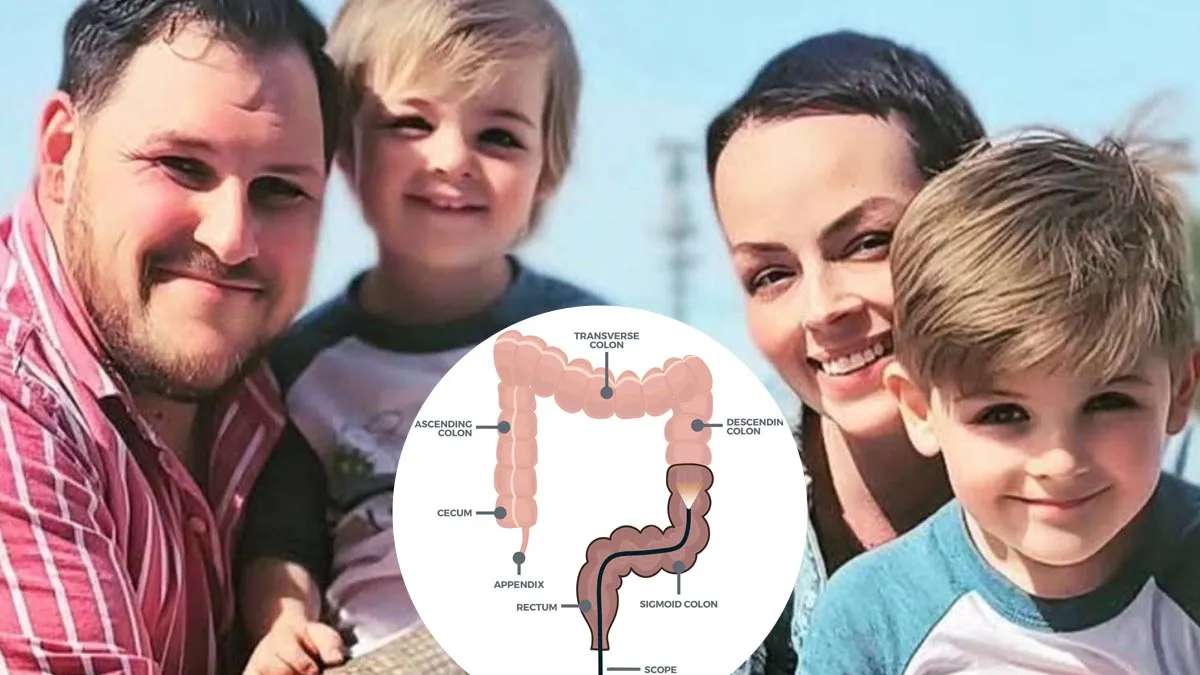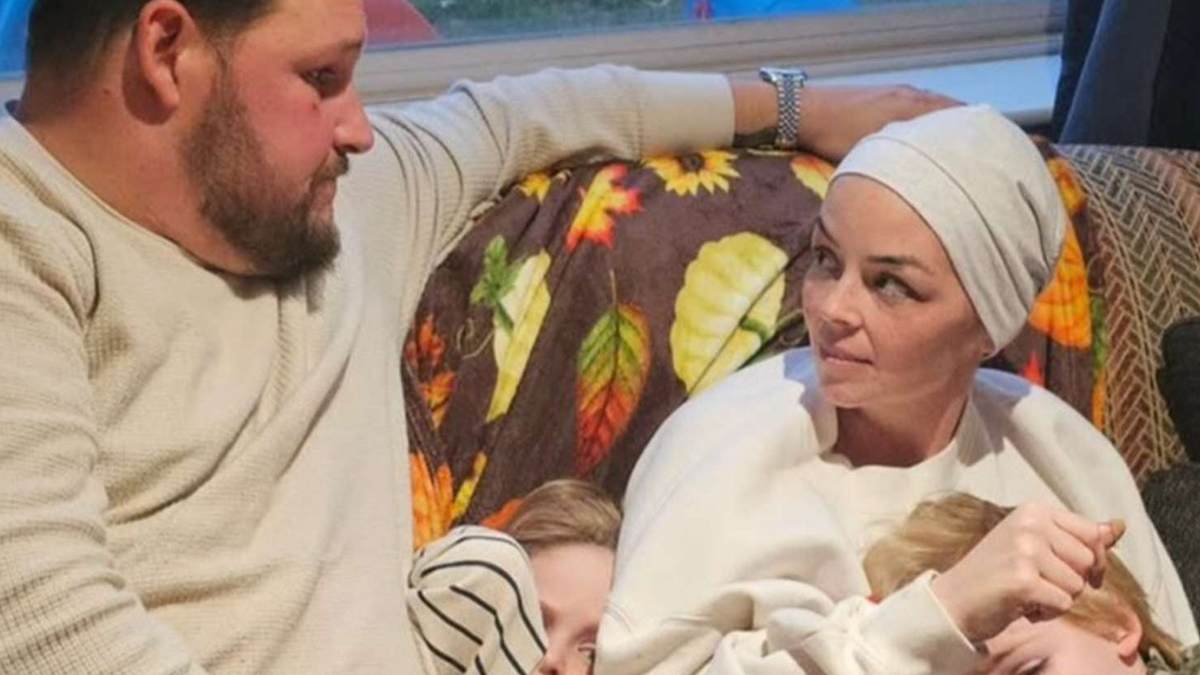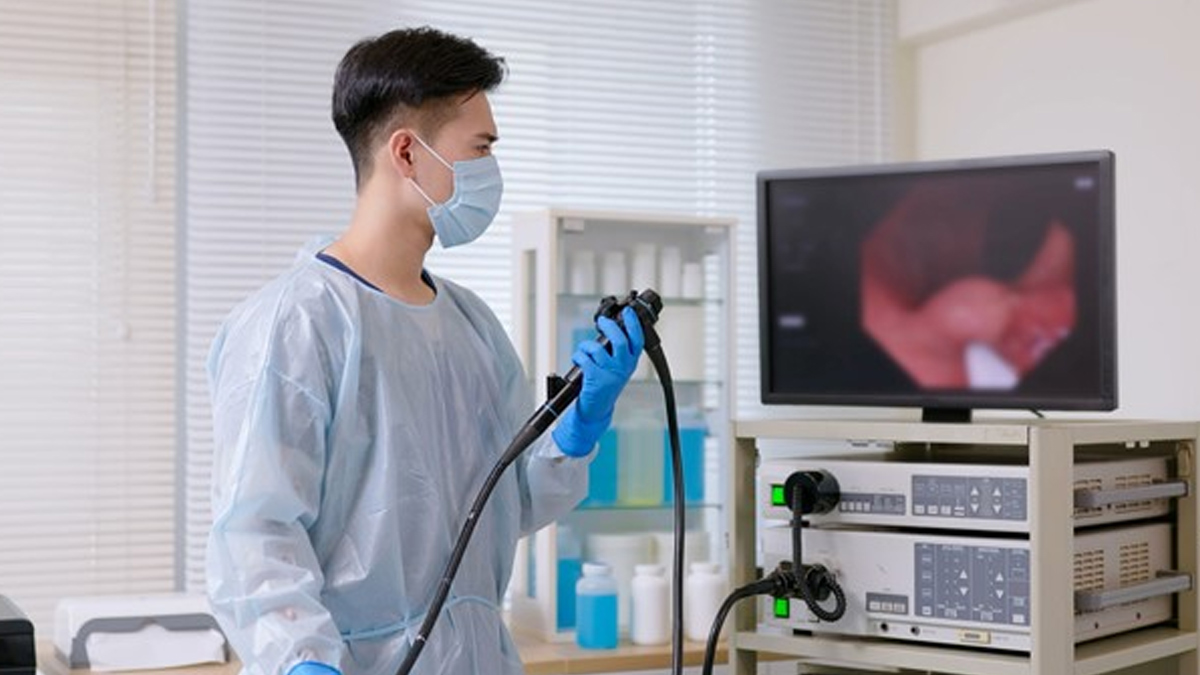
Getting a colonoscopy at the right time can save lives. It is a test that checks your colon for cancer or other problems. Experts say regular screening should start at age 45 for most people. But sometimes, people with symptoms are denied this test because they are considered too young. Sadly, this can lead to late cancer diagnosis. The story of a 36-year-old mom who was denied a colonoscopy and later found out she had stage 4 colon cancer shows why it’s important to know when to get screened and to listen to your body.
Table of Content:-
Story of a 36-year-old Mom Who Was Denied To Get Screened Due To Age![Heather Candrilli denied colonoscopy due to age 2 - 2025-05-14T110711.012]()
Heather Candrilli, a mother of two from Staten Island, New York, suffered from bloating and stomach pain for years. Doctors tested her for celiac disease and Crohn’s disease, but she was told she was too young for a colonoscopy since the usual starting age is 45. Heather thought her symptoms were due to diet or childbirth. It wasn’t until an ultrasound found something on her liver that doctors finally ordered a colonoscopy. That’s when they discovered a tumour that had already spread. In May 2024, Heather was diagnosed with stage 4 colon cancer. Her story is a reminder that colon cancer can happen at any age, and early screening can make a big difference.
When Should You Get Screened for Colon Cancer?![when to get colon cancer screening 1 - 2025-05-14T110709.590]()
Dr Devavrat Arya, Senior Director, Medical Oncologist, Max Hospital, Saket, New Delhi, explains that regular colon cancer screening should begin at age 45 for people at average risk. There are several screening options, including colonoscopy, stool-based tests, and flexible sigmoidoscopy. Dr Arya says some people are at higher risk and may need to start screening earlier:
- Family history of colon cancer or polyps
- Genetic syndromes like Lynch syndrome or familial adenomatous polyposis
- Personal history of inflammatory bowel disease (Crohn’s disease or ulcerative colitis)
- Lifestyle factors such as a diet high in red or processed meats, obesity, smoking, or heavy alcohol use
Dr Arya adds, “Young people can also develop colon cancer, although it is less common. If you have a family history, genetic syndromes, or inflammatory bowel disease, your risk is higher, and you may need to get screened before age 45.”
Why Early Screening Matters
Colon cancer is the third most common cancer in the world. While it is more likely as you get older, cases among younger adults are rising. Regular screening can find cancer early, when it is easier to treat and more likely to be cured. The American Cancer Society and other experts now recommend starting screening at age 45 instead of 50 because of these rising numbers. For people with higher risk, doctors may suggest starting even earlier and getting tested more often.
What Are the Screening Options?
There are several ways to screen for colon cancer:
- Colonoscopy: The most thorough test. Doctors look at the whole colon and can remove polyps during the test.
- Stool-based tests: These check for hidden blood or cancer DNA in your stool. If results are positive, a colonoscopy is needed.
- Flexible sigmoidoscopy: Looks at the lower part of the colon.
- CT colonography: A less invasive scan, but still needs bowel prep.
Conclusion
Heather’s story shows why it is important to take symptoms seriously and push for answers, even if you are younger than the usual screening age. Colon cancer can happen to anyone. Talk to your doctor about your risk and when you should start screening. Early detection saves lives-don’t wait until it’s too late.
Also watch this video
How we keep this article up to date:
We work with experts and keep a close eye on the latest in health and wellness. Whenever there is a new research or helpful information, we update our articles with accurate and useful advice.
Current Version


